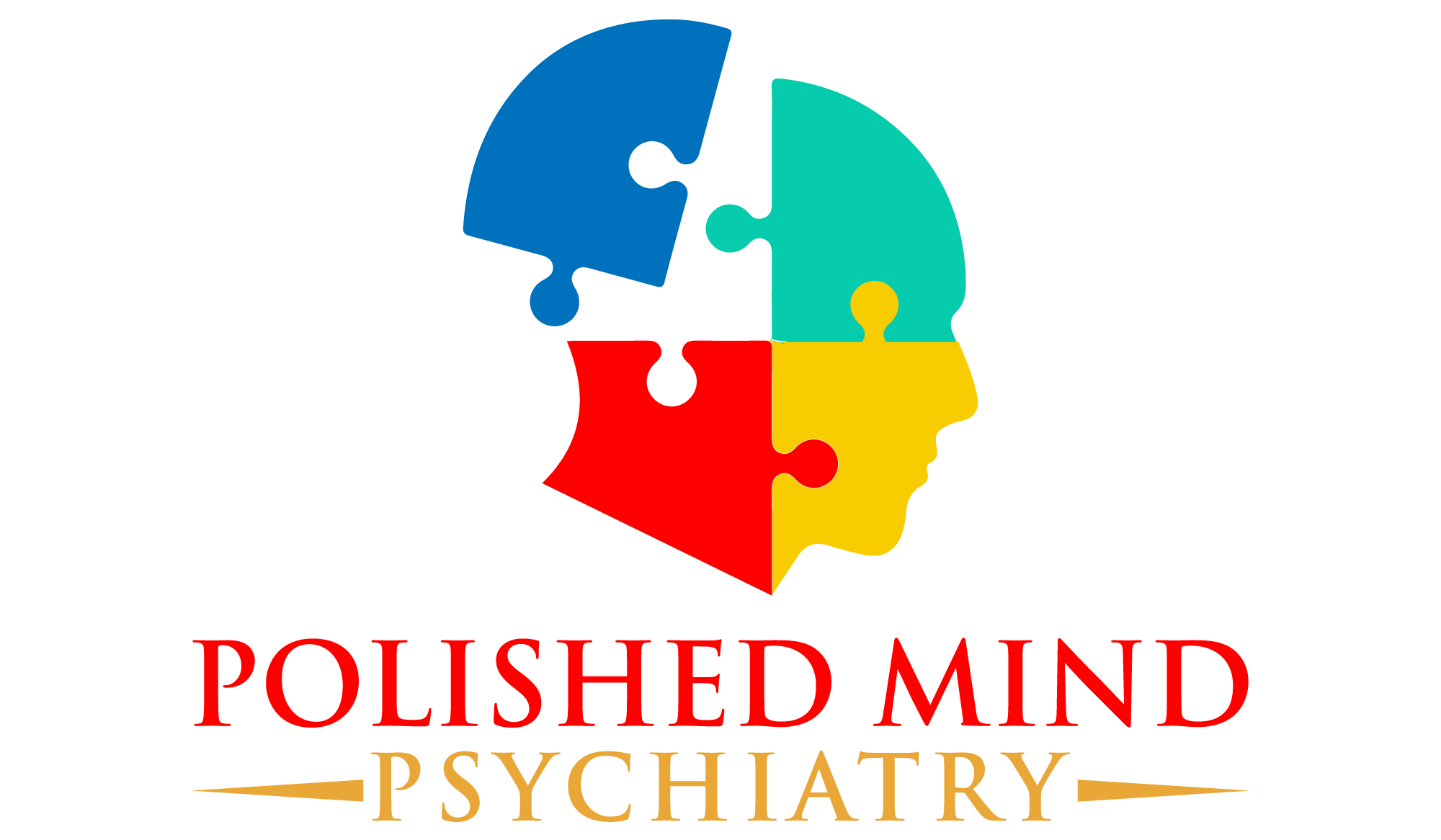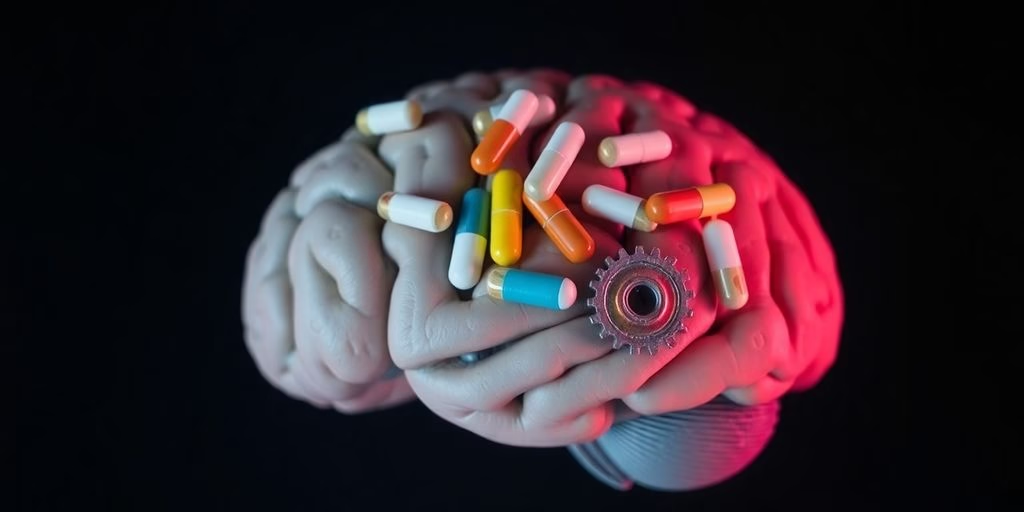When considering treatment for Attention Deficit Hyperactivity Disorder (ADHD), many people wonder about the long-term effects of ADHD medication. It’s a valid question, as finding the right approach for managing ADHD often involves a careful balance of strategies. This article looks into what you should know about the ongoing use of ADHD medications.
Key Takeaways
- ADHD treatment plans often involve close monitoring and adjustments to medication as needed.
- Personalized treatment plans are important for managing ADHD effectively.
- Medication management plays a significant role in a comprehensive approach to ADHD care.
Understanding The Long-Term Effects of ADHD Medication

When managing Attention Deficit Hyperactivity Disorder (ADHD), medication is often a key part of a treatment plan. For individuals in states like Texas, Washington, California, Iowa, and New York, understanding how these medications work over time is important. While short-term benefits like improved focus and reduced impulsivity are often clear, the long-term effects are also a significant consideration for patients and their care providers. Research suggests that consistent, well-managed ADHD medication use can lead to positive changes in the brain, which can be beneficial for individuals living with ADHD Long-term ADHD medication use has been shown to positively alter the brain. Research indicates that these changes are beneficial for individuals managing ADHD..
Monitoring Treatment Progress
Effective ADHD treatment isn’t a one-time fix; it requires ongoing attention. Regular check-ins with a healthcare professional are vital to track how the medication is working. This includes observing:
- Changes in core ADHD symptoms (inattention, hyperactivity, impulsivity).
- Any side effects, even minor ones, that might develop.
- Impact on daily functioning, such as school, work, and relationships.
- Overall mood and well-being.
Consistent monitoring allows for timely adjustments to the treatment plan. This proactive approach helps ensure the medication remains effective and any potential issues are addressed promptly. For those seeking professional guidance, Polished Mind Psychiatry offers services to help manage these aspects of treatment book an appointment.
Adjusting Medication Regimens
Medication needs can change over time. Factors like age, weight, and even life circumstances can influence how a person responds to ADHD medication. Therefore, adjusting the dosage or type of medication might be necessary. This process is always done under the supervision of a qualified healthcare provider. They will consider:
- The patient’s current symptom presentation.
- Any new or persistent side effects.
- The effectiveness of the current dosage.
- The patient’s overall health status.
It’s important to remember that changes to medication should only be made by a healthcare professional. This careful management is part of a broader strategy to support long-term well-being and symptom control for individuals with ADHD Long-term ADHD medication use has been shown to positively alter the brain. Research indicates that these changes are beneficial..
The goal of long-term medication management is to find a balance that maximizes symptom relief while minimizing any potential negative impacts, supporting a better quality of life.
Navigating ADHD Treatment: A Comprehensive Approach

When it comes to managing Attention Deficit Hyperactivity Disorder (ADHD), a one-size-fits-all approach rarely works. At Polished Mind Psychiatry, we recognize that effective treatment involves more than just medication. It’s about building a personalized plan that addresses the unique needs of each individual. This means looking at the whole picture, not just the symptoms.
Personalized Treatment Plans
Developing a treatment plan for ADHD is a collaborative process. It starts with a thorough evaluation to understand the specific challenges and strengths of the person. This evaluation helps in creating a roadmap that might include:
- Medication adjustments based on effectiveness and side effects.
- Behavioral strategies to improve focus and organization.
- Therapeutic interventions like Cognitive Behavioral Therapy (CBT) to manage emotional regulation and coping skills.
- Lifestyle modifications, such as sleep hygiene and exercise routines.
The goal is to create a plan that is adaptable and responsive to the individual’s evolving needs. This tailored approach is key to achieving lasting improvements in daily functioning and overall well-being. For those in Texas, Washington, California, Iowa, and New York, Polished Mind Psychiatry is here to help craft these plans. You can learn more about our approach and book an appointment at polishedmindpsychiatry.com/book-an-appointment.
The Role of Medication Management
Medication is often a significant part of an ADHD treatment plan, but it’s just one piece of the puzzle. Effective medication management involves careful selection, regular monitoring, and timely adjustments. It’s important to remember that medication can have positive effects on the brain over time, potentially leading to reduced risks in areas like self-harm and accidents 2dc7. However, finding the right medication and dosage requires patience and close collaboration with a healthcare provider.
Consistent follow-up appointments are vital for assessing how the medication is working, identifying any side effects, and making necessary changes to the treatment regimen. This ongoing process ensures that the medication continues to be effective and supports the individual’s overall health goals.
Polished Mind Psychiatry offers specialized ADHD treatment services. Our team works closely with patients to manage their medications effectively, ensuring they receive the maximum benefit with minimal disruption. If you’re looking for expert guidance on medication management, consider reaching out to us. You can schedule a consultation at polishedmindpsychiatry.com/book-an-appointment. We also integrate other therapeutic strategies, such as CBT for ADHD, to provide a well-rounded treatment experience.
When dealing with ADHD, a well-rounded plan is key. Our approach combines different strategies to help you manage symptoms effectively. Discover how a personalized treatment plan can make a difference in your daily life. Visit our website today to learn more and take the first step towards better focus and control.
Wrapping Up: What to Remember About ADHD Medication
So, we’ve talked a lot about ADHD medication and its effects over time. It’s clear that for many people, these medications can really help manage symptoms and improve daily life. But it’s not a one-size-fits-all thing, and what works for one person might not work for another. The key takeaway here is that ongoing care and checking in with your doctor are super important. Treatment plans often need adjustments, and that’s totally normal. If you’re considering medication or have questions about how it’s affecting you long-term, talking to a healthcare professional is the best next step. They can help you figure out the right path for your specific situation. Remember, Polished Mind Psychiatry is here to help you find that path to a better quality of life. You can book an appointment with them to discuss your options.
Frequently Asked Questions
How is ADHD medication treatment managed over time?
When someone starts taking medication for ADHD, it’s important to keep track of how well it’s working and if there are any side effects. Doctors will check in regularly to see if the dose needs to be changed or if a different medication might be better. This helps make sure the treatment plan is the best it can be for the individual.
Can ADHD medication plans be changed if needed?
Yes, treatment plans for ADHD are often adjusted as a person grows and changes. What works best can depend on age, symptoms, and how the medication affects them. Regular check-ins with a healthcare provider allow for these changes to be made to ensure the best possible outcome.
What does long-term ADHD medication management involve?
It’s common for doctors to closely watch how ADHD medication affects a person, especially in the long run. This involves regular appointments to discuss progress, any new symptoms, or concerns. Making small adjustments to the medication or treatment plan can help manage ADHD effectively over many years.




